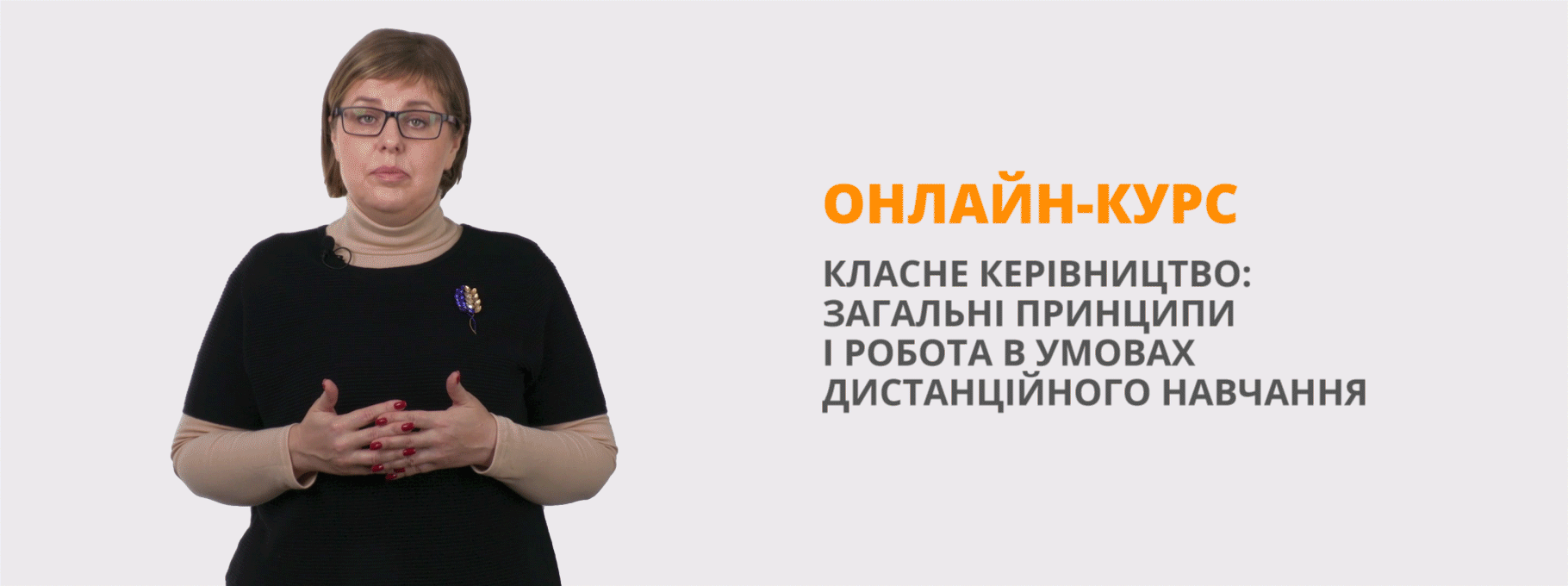NEW YEAR IN GREAT BRITAIN
NEW YEAR IN GREAT BRITAIN
In Wales, the back door releases the Old Year at the first stroke of midnight: it is then locked "to keep the luck in", and at the last stroke the New-Year is let in at the front.
It is commonly believed that New Year's celebration is less important in England than Christmas. It is true in the southern and eastern parts of the country. However, even there, the welcoming of the New Year is growing in popularity, particularly among younger people who prefer
to spend Christmas with kin, but New Year with friends. New Year's parties go all night through. The most famous places of festivities are Piccadilly Circus and Trafalgar Square in London where crowds of people greet the New Year with the linked-arm singing of "Old Land Syne", kissing total strangers, blowing whistles and automobile horns and shooting firecrackers. Someone usually falls into the fountain in Trafalgar Square. Unfortunately for all these midnight celebrators, January first is not a public holiday in England.
In Scotland New Year's celebration is the greatest festival of the year, where it even has a special name, Hogmanay. Nobody, however, can successfully explain where this word comes from. Alter midnight people visit their friends. They carry cakes and spiced ale to wish their hosts a good year. The first visitor, or the first footer, must bring a special present — a piece of coal — to wish good luck and warmth to the house. This is an old Scottish custom. The first footer may also bring a loaf of white bread and a bottle of whisky. On entering he must place the coal on the fire, put the loaf on the table, and pour a glass for the head of the house, all normally without speaking or being spoken to until he wishes everyone "A Happy New Year". He may also carry a silver coin to wish wealth.
VOCABULARY
stroke [strəuk] — бій годинника
kin — рідня, родичі, сім'я, родина
festivities [fes'tɪvɪtɪz] — урочистості, свято, святкування
to link arms [a:mz] — брати під руку
"Old Land Syne " = "Auld Langsyne " auld [ə:Id] — шотл. старий
langsyne ['læŋ'sаm] — шотл. далеке минуле, давні часи, давним-давно
total stranger ['streɪndʒə] — зовсім незнайома людина
to blow [bləu] (blew; blown) — дути; свистіти; гудіти
whistle ['wisl] — свисток
horn [hɔ:n] — ріжок; гудок, сирена
to shoot firecrackers ['faɪəkrækəz] — запускати феєрверки
Hogmanay ['hɔgməneн] — шотл. свято Нового року
spiced ale [spaɪst eɪl] — пряний ель
coal [kəul] — вугілля
loaf [ləuf] — буханець
On entering... — Увійшовши в будинок
QUESTIONS
1. Is it true that New Year's Day is less important in England than Christmas?
2. Who do younger people prefer to spend Christmas and New Year with ?
3. What are the most famous places of festivities?
4. Is January first a public holiday in England?
5. How do people in Scotland celebrate New Year?
Новий рік у Великій Британії
В Уельсі з першим ударом годинника опівночі старий рік випускають через чорний хід, потім його замикають, щоб «утримувати долю всередині», і з останнім ударом Новий рік впускають через центральний вхід.
Заведено вважати, що в Англії святкування Нового року менш важливе, ніж Різдвяні свята. Це дійсно так у південних і східних частинах країни. Проте навіть там вітання Нового року набуває дедалі більшої популярності, особливо серед молоді, яка вважає за краще проводити Різдво з ріднею, а Новий рік з друзями. Новорічні вечірки тривають протягом усієї ночі. Найвідоміші місця святкування в Лондоні — це площі Пікаділлі і Трафальгарська, де натовпи людей вітають Новий рік і, взявшись за руки,співають різдвяний гімн «Старий добрий час», цілують зовсім незнайомих людей, дують у свистки, натискають на автомобільні сирени і запускають феєрверки. Хтось звичайно падає у фонтан на Трафальгарській площі. На жаль, незважаючи на всі ці святкування, перше січня не є офіційним святом в Англії.
У Шотландії святкування Нового року — це найбільше свято року, де воно навіть має спеціальну назву — Хогманей. Ніхто, проте, не може зрозуміло пояснити, звідки взялось це слово. Після опівночі люди відвідують своїх друзів. Вони несуть торти іпряний ель, щоб побажати господарям хорошого року. Перший гість, або взагалі перший відвідувач, має принести особливий подарунок — шматок вугілля, — щоб побажати успіху і тепла в будинку. Це давня шотландська традиція. Перший гість може також принести буханку білого хліба і пляшку віскі. Увійшовши в будинок, він повинен покласти вугілля у вогонь, буханець хліба на стіл і налити склянку для господаря дому, в цей час він не розмовляє і з ним теж ніхто не говорить, поки він не побажає всім щасливого Нового року. Він може також принести срібну монету, щоб побажати багатства.


про публікацію авторської розробки
Додати розробку
